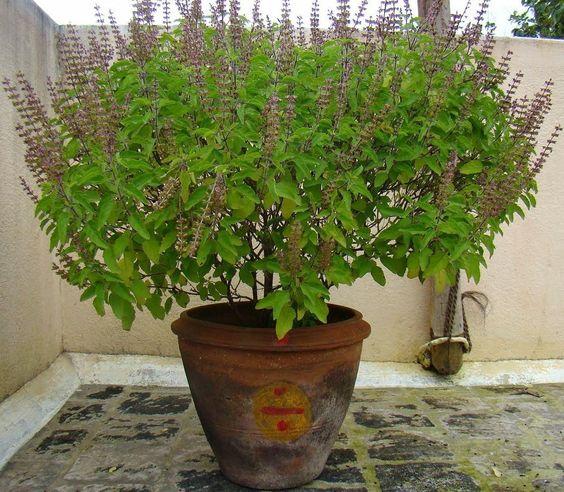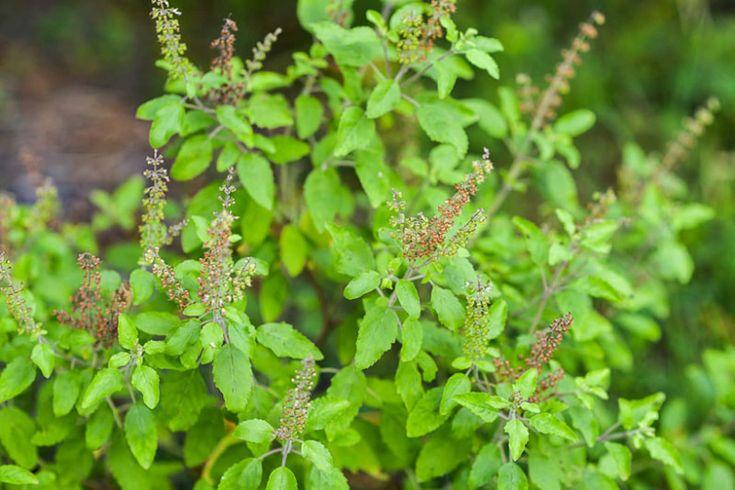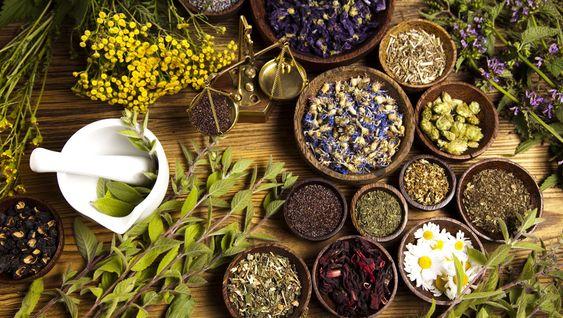


Table of Contents
- Introduction
- Health Benefits of Keeping Tulsi at Home
- Spiritual and Cultural Significance Of Tulsi
- Tulsi Plant Placement and Care
- Medicinal Uses Of Tulsi Plant
- Rituals and Practices
- Conclusion
- Faq's
Introduction
The Tulsi plant, revered as Holy Basil in Hindu culture, holds profound spiritual significance and is celebrated for its medicinal properties. Cultivating Tulsi at home not only enhances the aesthetic appeal of your living space but also invites numerous health benefits and spiritual blessings. This sacred herb is believed to purify the environment, ward off negative energies, and bring prosperity to the household. Whether placed in a dedicated garden spot or indoors near a sunny window, nurturing a Tulsi plant encourages a deeper connection to nature and a sense of tranquility in everyday life. Discover the rituals, care tips, and therapeutic uses of Tulsi to enrich your home with its timeless charm and wellness benefits.
Health Benefits of Keeping Tulsi at Home
Air Purification: Tulsi releases oxygen and absorbs harmful gases, improving indoor air quality.
Immunity Boost: Regular consumption of Tulsi leaves can strengthen the immune system.
Stress Relief: Tulsi has adaptogenic properties, helping to reduce stress and promote mental well-being.
Antibacterial and Antiviral: Tulsi has properties that help in preventing infections and boosting overall health. Holy Basil Plant: Pinterest
Holy Basil Plant: Pinterest
Spiritual and Cultural Significance Of Tulsi
Sacred Plant: Tulsi is worshipped as a manifestation of the goddess Tulsi and is believed to bring positive energy and spiritual purity to the home.
Daily Rituals: Many households perform daily rituals and offer prayers to the Tulsi plant, considering it a source of divine blessings.
Protective Aura: It is believed that Tulsi plants protect the home from evil and bring prosperity and happiness. Health Benefits of Tulsi : Pinterest
Health Benefits of Tulsi : Pinterest
Tulsi Plant Placement and Care
Ideal Location: Place the Tulsi plant in the east, north, or northeast direction of your house. A dedicated Tulsi altar or a small Tulsi garden in the courtyard is considered ideal.
Sunlight: Ensure the plant receives ample sunlight, at least 6-8 hours a day, as it thrives in direct sunlight.
Watering: Water the plant regularly but avoid waterlogging. The soil should be kept moist but well-drained.
Soil: Use fertile, well-draining soil enriched with organic matter for optimal growth.
Pruning: Regular pruning helps maintain the plant's health and encourages bushy growth.
Medicinal Uses Of Tulsi Plant
Tulsi Tea: Boil a few Tulsi leaves in water to make a soothing tea that helps relieve stress and boost immunity.
Tulsi Oil: The essential oil extracted from Tulsi leaves is used in aromatherapy and for topical applications to treat skin infections and promote relaxation.
Tulsi Leaves: Chewing fresh Tulsi leaves daily can help prevent colds, coughs, and other respiratory issues. Medicinal uses of Tulsi: Pinterest
Medicinal uses of Tulsi: Pinterest
Rituals and Practices
Tulsi Vivah: An annual ceremonial marriage of the Tulsi plant to Lord Vishnu or Krishna, performed in many Hindu households.
Daily Worship: Lighting a lamp and offering water to the Tulsi plant daily is a common practice, believed to purify the surroundings and bring peace.
Use in Religious Ceremonies: Tulsi leaves are used in various religious ceremonies and rituals, symbolizing purity and devotion. Tulsi plant placement in house: Pinterest
Tulsi plant placement in house: Pinterest
Conclusion
Incorporating a Tulsi plant in your home is a simple yet powerful way to enhance both the physical and spiritual environment. Its health benefits, coupled with its deep cultural and spiritual significance, make it a treasured addition to any household. Whether you are seeking better health, spiritual peace, or a touch of greenery, the Tulsi plant is a wonderful choice.
explore further
Latest from Home Buying Tips
More from Recommendations
Resources
Dwello, for every home buyer, is a way to go from 'I feel' to 'I know', at no extra cost.


